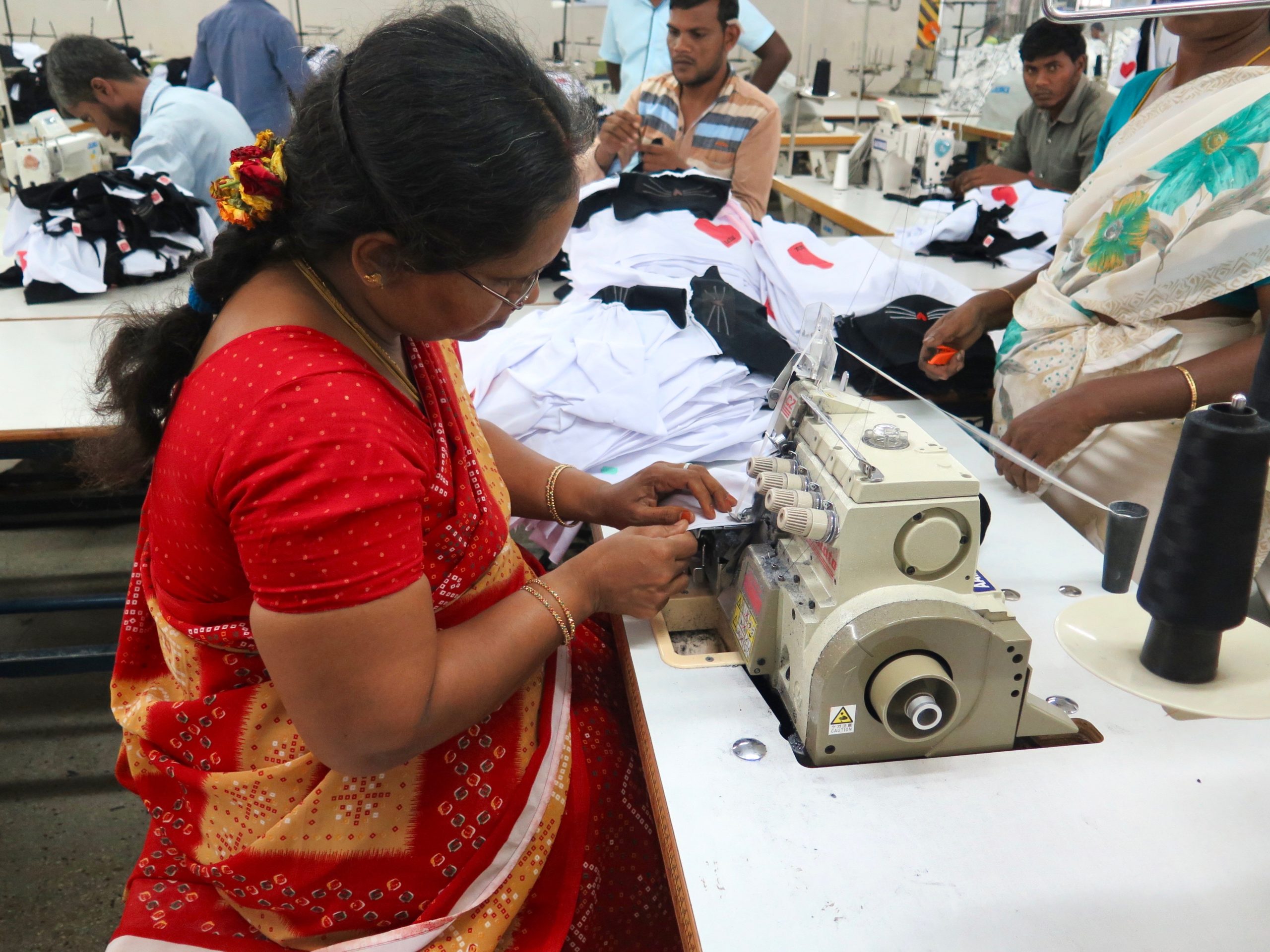There are 40.3 million modern day slaves in the world today, more than there have even been in the history of humanity. However, they remain largely invisible, hidden in places of forced work, sexual exploitation, or forced marriage (forced domestic labour). There are significant changes to regulation to monitor global supply chains and punish human traffickers and abusers, yet there are glaring gaps in the availability of scalable tools and monitoring systems that can identify and help provide effective remedy to victims. Ulula’s SpotOn project aims to create continuous, accessible and anonymized monitoring systems for workers and communities to report labour rights violations, enabling organizations, governments and companies with ground-truthed data to design locally sustainable and scalable solutions to end abuse.
Our approach involves direct engagement with workers in targeted districts with heavy industry presence and alleged labour rights abuses. We collect locally relevant social performance data across hot spots and primary commodity markets. Together with local partner organizations with a track record of combating labour abuses in their region, as well as through social media, we recruit participants and publicize our accessible communication channels – automated phone call and web surveys – through which workers and communities can provide feedback on their working conditions. We analyze incoming data in real time on the dashboards of our patented software analytics platform. This project aims to open up factories, farms and mines to understand actual workplace conditions at the local level and create pressure for change and continuous improvement through multi-stakeholder dialogue and collaboration.
We have launched our first SpotOn in India’s garment and textile sector, where there are known rampant labour rights abuses, disproportionately affecting young girls and women. In 2017, we traveled to India to understand some of the key challenges that workers face and nurture relationships with our local partners – ASK India in Delhi and READ in Tamil Nadu, and together we developed and refined our strategy, survey instrument, methodology and outreach strategy and validated it with over a dozen experts in the labour rights space and workers themselves. Data collection is launching this month, and together with our partners we anticipate to share aggregate results and trends via a webinar in early spring. Stay tuned!
Contact our Director of Programs, Vera Belazelkoska at [email protected] for more information or if you want to become involved.

